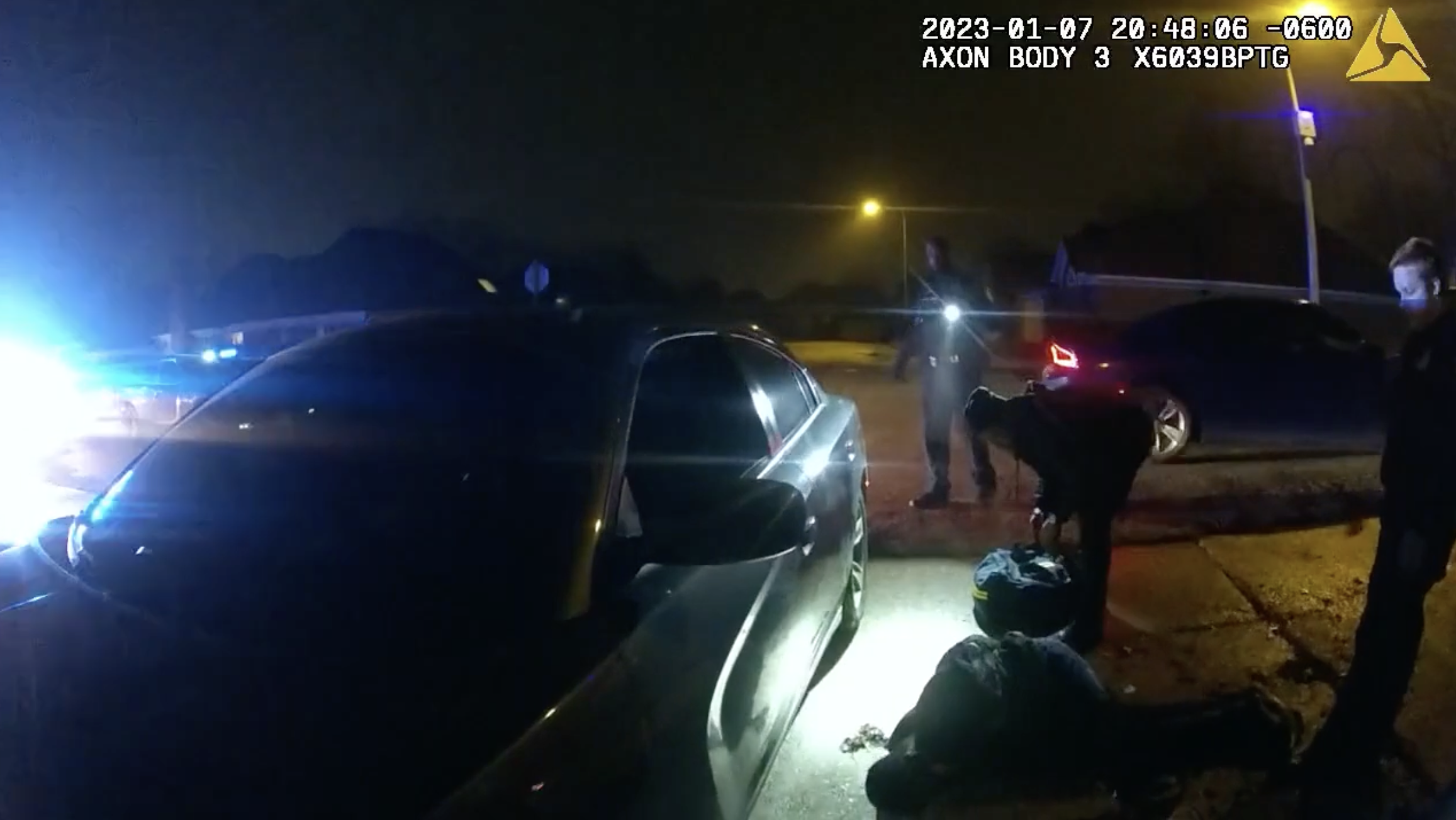
Two emergency medical workers who treated Tyre Nichols and a fire truck driver on the scene after he was brutally beaten by Memphis police officers have been fired for violating their department's policies.
EMTs Robert Long and JaMichael Sandridge, along with Lt. Michelle Whitaker, were fired from the Memphis Fire Department on Monday. Whitaker remained in the fire apparatus while Long and Sandridge responded to the call of a person who had been pepper-sprayed, but they failed to adequately assess Nichols's injuries, Fire Chief Gina Sweat said in a statement.
"Their actions or inactions on the scene that night do not meet the expectations of the Memphis Fire Department and are not reflective of the outstanding service the men and women of the Memphis Fire Department provide daily in our community," Sweat said.
The EMTs were "relieved of duty," and an investigation into their response was launched, fire department spokesperson Qwanesha Ward said on Jan. 23.
Nichols, a 29-year-old father who was an avid skateboarder and photographer, was violently beaten by police during a traffic stop on Jan. 7. His family said that his injuries were so severe that he was unrecognizable in the hospital. Nichols died three days after the encounter.
Five officers have been fired and charged with second-degree murder. A sixth officer was "relieved of duty" on Monday.

Body camera footage of the incident that the city released on Friday has sparked angry protests across the country. But the response by EMTs at the scene and the apparent lack of urgency with which they treated Nichols have been called into question.
Video shows two EMTs arriving on the scene at 8:41 p.m. Footage from a street pole camera shows that they appear to tend to Nichols for a few brief minutes, then stand back and watch as he groans in pain on the ground and slumps over several times.
A stretcher was brought out 19 minutes after the paramedics reached the scene. An ambulance arrived two minutes later.
Nichols was transported to the hospital in critical condition, and he died three days later. Attorneys for his family said he had "extensive bleeding" from the beating, citing an independent autopsy.
